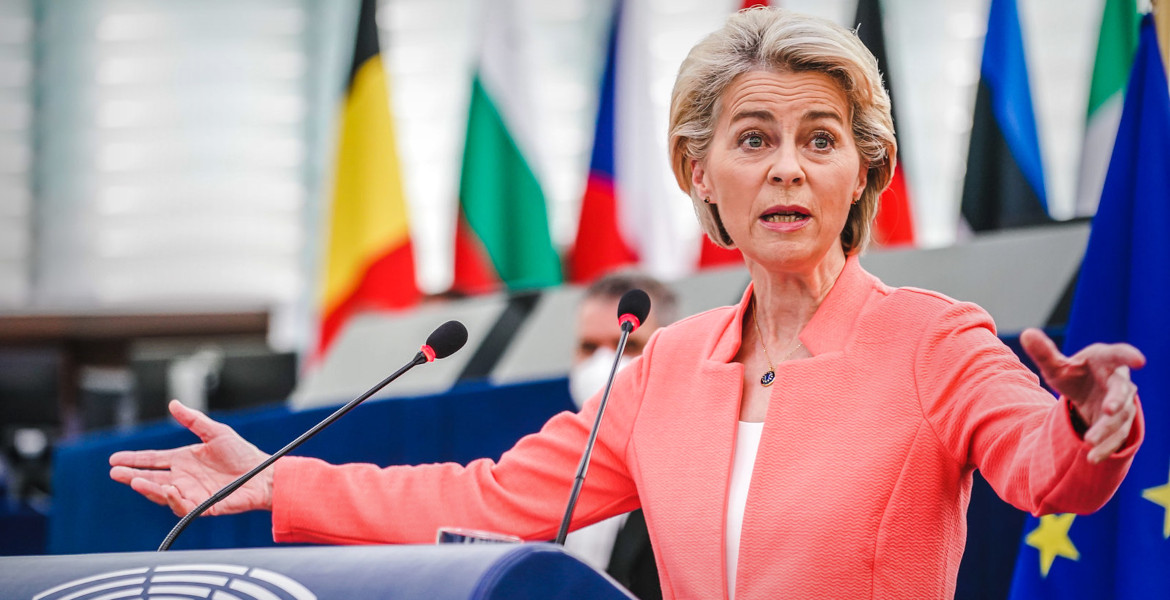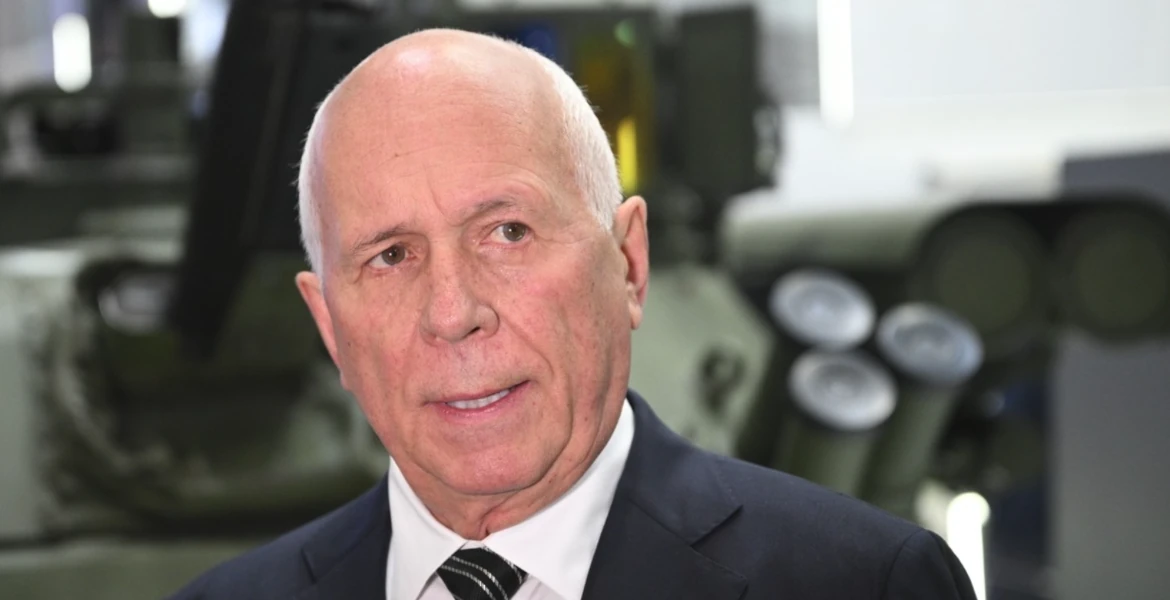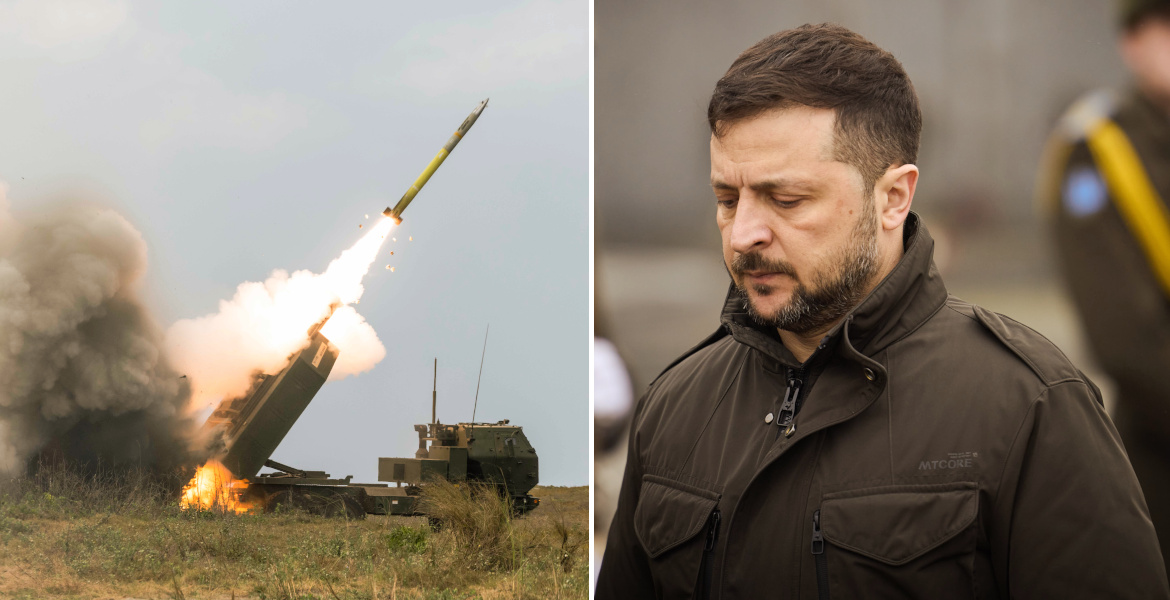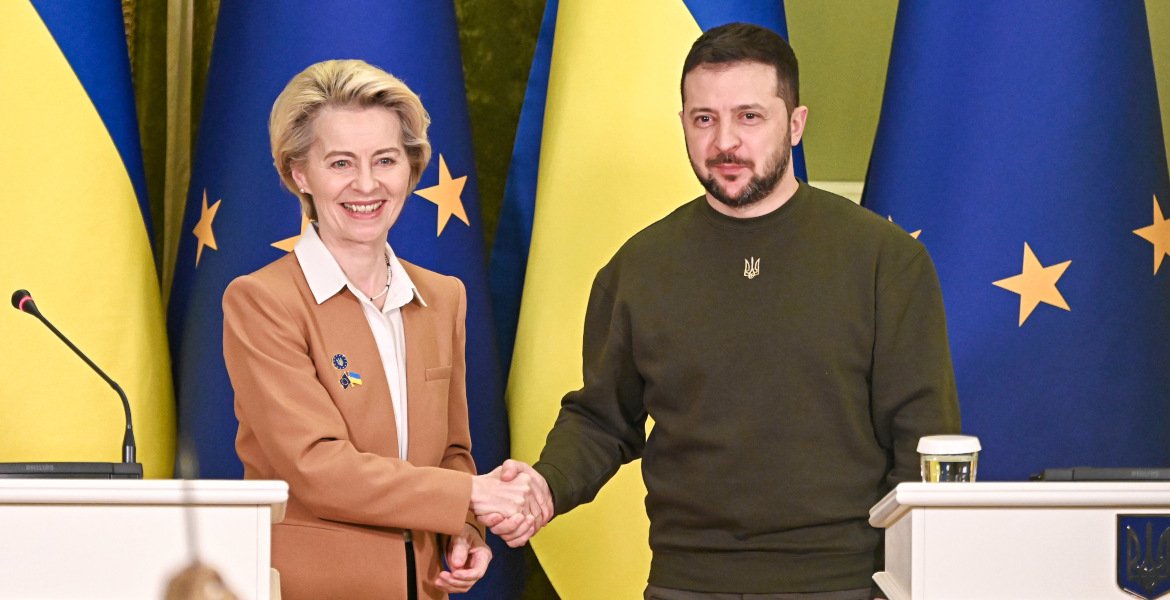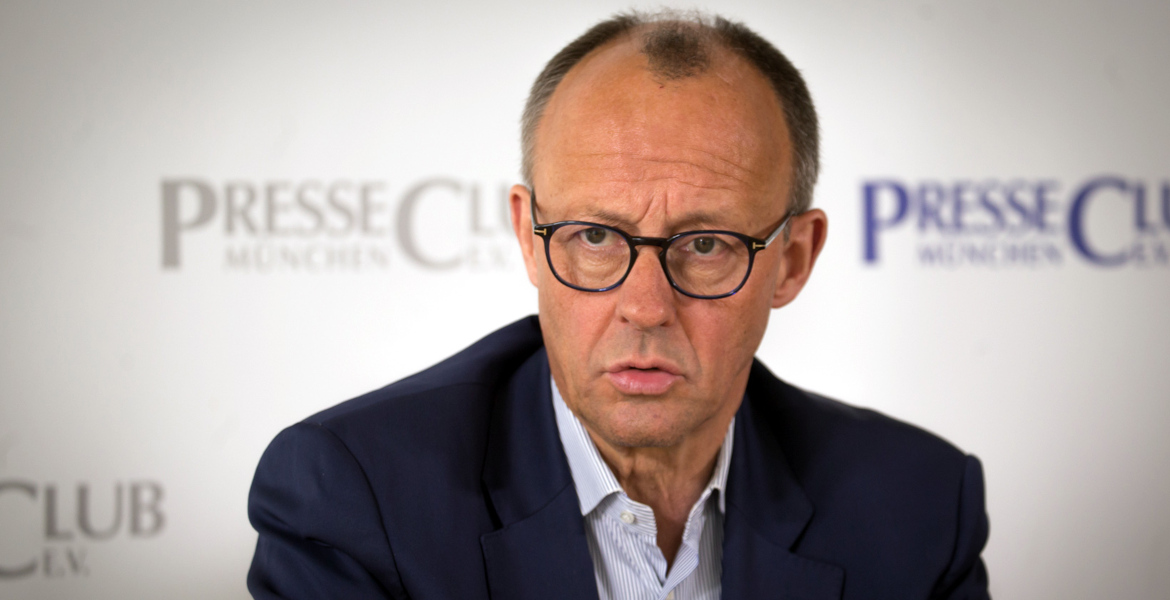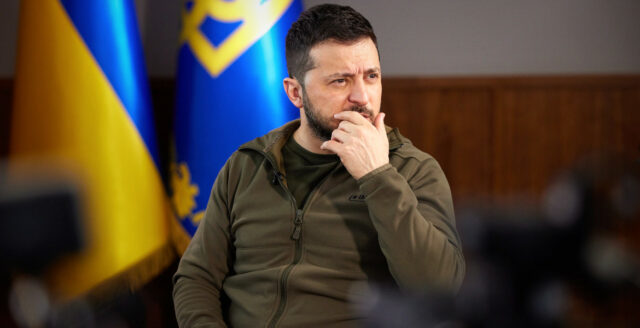The representatives of the twenty-seven EU countries have, at an urgently convened summit in Brussels, decided that the EU will not allow Putin and Trump to determine Ukraine’s fate without their participation. If the US no longer wants to support Ukraine, the EU countries will continue fighting against Russia together for as long as necessary - until a just and secure peace can be achieved.
The problem is that the EU does not have enough weapons, soldiers or money to carry out its insane plans, so the 27 countries have also agreed to put our children and grandchildren in debt by jointly taking out a loan of €800 billion for this purpose. According to Ursula von der Leyen, Russia and Putin are an aggressor and must be defeated at all costs. The package also includes support for Ukraine of around another €100 billion, which was vetoed by Hungarian Prime Minister Viktor Orbán. My personal view is that Ursula von der Leyen will eventually find a way to override Orbán's veto.
But if we look back in history, we can see that it was not Russia, but always some European country (Germany, France), that has attacked Russia and not the other way around!
Someone is bound to point out that it was Russia that started the war in Ukraine. Perhaps it can be interpreted that way, but the war is first and foremost a war between Russia and the United States in Ukraine, provoked by the United States and could have ended a long time ago if the EU had not taken over the role of the United States. A role that has financed a war that is long overdue and will only lead to continued killing and suffering of the Ukrainian people, which EU leaders refuse to acknowledge.
According to Ursula von der Leyen, Ulf Kristersson, Jimmie Åkesson and others, it is necessary to continue the war until a just peace is achieved in Ukraine. This sounds like schoolchildren who have missed their history lessons, because so far in history, no war has ended with a just peace, but always the victorious power determined the terms of peace. Ukraine is no exception, because at the moment no one believes (except perhaps Ursula and our Prime Minister) that Russia will draw the short straw?
But to return to the question of spending €800 billion on rearming Europe's armies, or even worse - a common army for the whole of the EU, as Ursula and her comrades dream of. Have the bigwigs in Brussels considered the consequences if, as a natural response to the EU's rearmament needs, the intended enemy will also spend the same amount of money on its defense? Will the EU then become militarily superior, or will we just become even poorer and have only contributed to a rearmament spiral that no one knows how it can end?
Germany has also been allowed to further increase its national debt (in violation of all current EU rules) by five hundred billion euros to strengthen its army and improve the country's infrastructure.
Allowing Germany to re-arm, as part of Ursula's plans, could be as dangerous for Europe now as it was before the Second World War, which we all know how it ended. Germany's current leaders Scholtz, Merkel and future Chancellor of Germany Mertz, are as untrustworthy and dangerous to Europe especially if they will feel strong enough militarily as their predecessors before WWI and WWII.
The President of France, Emanuel Macron, is at least as untrustworthy as his comrades in Germany, as he openly threatens Russia with its mostly inoperable nuclear warheads, which have been unmaintained for years for lack of resources, and would prefer to evaporate at the mere mention of the word "Waterloo".
To sum it all up, it is not Russia or Putin that is the cause of all the EU's problems with finances, democracy, defense etc. as the propaganda machine from Brussels and SVT would have us believe, but our own politicians in Brussels and Stockholm. It is good to keep in mind for the next election, if the collapse in Brussels and Stockholm does not occur long before.
Josef Csiba
